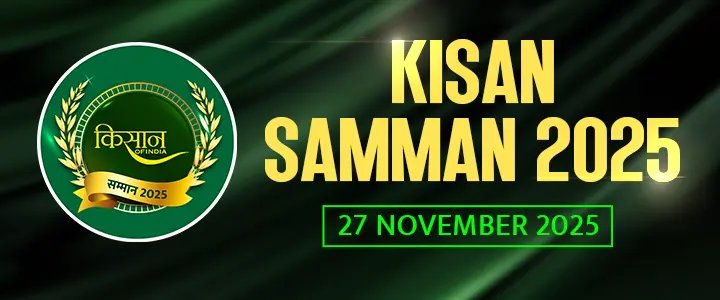India Submits its long-term Low emission development Strategy
Committed to pursuing low carbon strategies for development and is actively pursuing them depending on national circumstances.
India submitted its Long-Term Low Emission Development Strategy to the United Nations Framework Convention on Climate Change (UNFCCC), during the 27th Conference of Parties (COP27) today. The Long-Term Low Emission Development Strategy was launched by the Union Minister for Environment, Forest and Climate Change, Shri Bhupender Yadav, who is leading the Indian delegation to COP 27, being held at Sharm-el-Sheikh, Egypt from 6-18 November, 2022.
The salient features of the strategy are
The focus will be on the rational utilization of national resources with due regard to energy security. The transitions from fossil fuels will be undertaken in a just, smooth, sustainable and all-inclusive manner.
The National Hydrogen Mission launched in 2021 aims to make India a green hydrogen hub. The rapid expansion of green hydrogen production, increasing electrolyser manufacturing capacity in the country, and three-fold increase in nuclear capacity by 2032 are some of the other milestones that are envisaged alongside overall development of the power sector.
Increased use of biofuels, especially ethanol blending in petrol, the drive to increase electric vehicle penetration, and the increased use of green hydrogen fuel are expected to drive the low carbon development of the transport sector. India aspires to maximise the use of electric vehicles, ethanol blending to reach 20% by 2025, and a strong modal shift to public transport for passenger and freight.
Urban development
While urbanisation will continue as a strong trend from our current relatively low base, future sustainable and climate-resilient urban development will be driven by smart city initiatives, integrated planning of cities for mainstreaming adaptation and enhancing energy and resource efficiency, effective green building codes and rapid developments in innovative solid and liquid waste management.
India’s industrial sector will continue on a strong growth path. In the perspective of ‘Aatmanirbhar Bharat’ and ‘Make in India’. Low carbon development transitions in the sector should not impact energy security. Eenergy access and employment. The focus will be on improving energy efficiency by the Perform, Achieve and Trade (PAT) scheme. National Hydrogen Mission, high level of electrification in all relevant processes and activities enhancing material efficiency and recycling leading to expansion of circular economy, and exploring options for hard-to-abate sectors, such as steel, cement, aluminium and others.
Carbon sequestration
India has a strong record of enhancing forest and tree cover in the last three decades alongside high economic growth. India’s forest fire incidence is well below global levels. While its forest and tree cover are a net sink absorbing 15% of CO2 emissions in 2016. India is the commitment to 2.5 to 3 billion tonnes of additional carbon sequestration in forest and tree cover by 2030.
The transition to low carbon development pathway will entail several costs pertaining to the development of new technologies, new infrastructure, and other transaction costs. While several estimates exist, varying across studies, they all fall generally in the range of trillions of dollars by 2050. Provision of climate finance by developed countries will play a very significant role and needs to be considerably enhanced, in the form of grants and concessional loans, ensuring scale, scope and speed, predominantly from public sources, in accordance with the principles of the UNFCCC.
Sustainable lifestyles
The document has been prepared after extensive consultations by the Ministry of Environment.
- India has contributed little to global warming, its historical contribution to cumulative global GHG emissions is minuscule despite having a share of ~17% of the world’s population.
- Significant energy needs for development.
- Committed to pursuing low carbon strategies for development and is actively pursuing them depending on national circumstances.
India needs to build climate resilience.
Contact us: If farmers want to share information or experiences related to farming with us. Then they can do this by calling us on the phone number 9599273766 or by writing an email to [email protected]. Through Kisan of India, we will convey your message to the people, because we believe that if the farmers are advanced then the country is happy.



